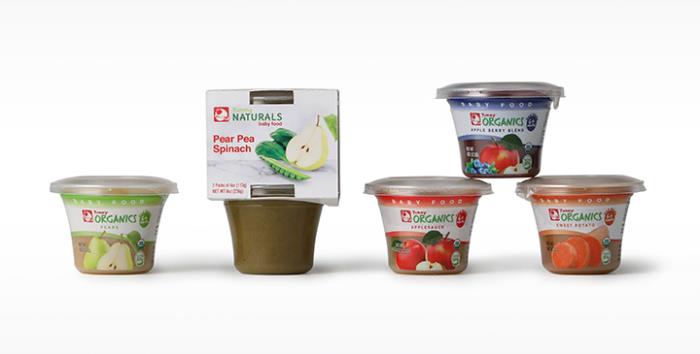

Partnering with TricorBraun, Initiative Foods made the switch to plastic containers, resulting in a cost-effective, innovative package that meets consumers’ evolving needs.
Major disruptions can make or break a business. When a fire destroyed Initiative Foods’ Sanger, Calif., facility, President John Ypma was adamant his baby foods co-packing business would make it. The fire also became the impetus to make a significant packaging shift to stay abreast of consumer market trends.
Ypma mapped out plans for a new facility and faced a packaging production choice: “We had limited capital after the fire and had to decide whether to invest in glass again or try something new,” he said.
Plastic = Less Breakage & Greater Portability
Ypma had already been on the fence about glass bottles. Consumers with infants are buying more online than ever, yet Initiative’s previous experiment of selling a private label line of food in glass jars online was short-lived.
“There was a lot of damage to the lids and jars no matter what you did,” said Ypma, “and a case of baby food in glass is twice as heavy,” resulting in extra costs to cover breakage and shipping. The risk of glass breaking during production and falling into the food also concerned him. He envisioned a plastic package that would solve those problems and offer greater portability for on-the-go parents.
A Differentiated Yet Practical, Consumer-Friendly Design
Although Initiative Foods had previously used basic plastic containers, in addition to glass, for its baby food prior to the fire, Ypma knew that his retail customers now expected more advanced designs with plastics and turned to TricorBraun for help.
Ypma’s top criteria were having a design that would stand out from traditional packaging; allowed for nesting and would be aesthetically pleasing as well as functional; and would be comfortable and ergonomically designed for a parent to feed from his or her hand.
From a production perspective, the containers for Initiative Foods’ veggies and dinners needed to tolerate the retort process’s high temperatures and pressurized, superheated water.
“When you’re dealing with hot fill and retort,” said Marco Serrano, TricorBraun’s design development manager, “glass is ideal because it can withstand higher temperatures. With plastic, you run into more issues. One of the values TricorBraun brought to this project is that we understand plastic and both its limitations and opportunities.”
Efficiencies from Shipping to Filling and Capping
Stacking lids and nesting cups made for greater shipping efficiencies, yet it was important to work within the constraints of the existing filling and capping equipment. “Avoiding filling issues,” said Serrano, “was paramount to the design and engineering of the components and gaining operational efficiencies.”
All parties involved—including RPC Group from Germany, which supplies the lids and cups, and Taipak, part of the new TricorBraun Flex business unit, which provides the container sealing film—collaborated on the design and manufacturability.
Ryan Fichuk, TricorBraun packaging quality engineer, said strong collaboration kept everyone on the same page. “There were many intricate measurements in the lid and getting the right snap,” he said. TricorBraun and RPC independently checked the parts and data, and then compared results to confirm the lids would perform as expected, so parents could confidently reseal the package after the initial opening.
Letting TricorBraun manage those supplier relationships reduces complexity overall for Initiative Foods. “Before this,” said Packaging Consultant Debbie Hooey, “Initiative was using standard cups and lids from two different vendors. Now all of that is supplied by us, which is easier for the customer to manage, and it simplifies their supply chain.”
Positive Customer Response
Initiative and TricorBraun’s result is an innovative, differentiated design that offers operational and cost efficiencies, while reducing breakage and meeting consumers’ needs—greater portability and an ergonomic design for on-the-go parents.
Response from Initiative’s early customers has been highly positive. Retailers find the cups’ curvature design to be an attractive, practical alternative to glass.
Initiative Foods expects to mass produce food in 4 oz. cups for the U.S. market in summer 2019 with a 4.5 oz. version for the Canadian market to follow.



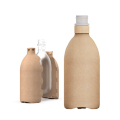
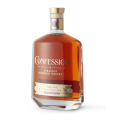
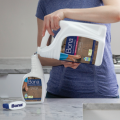
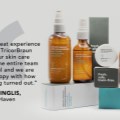
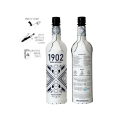
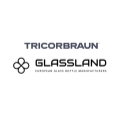
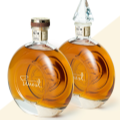
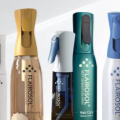
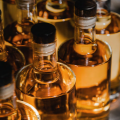
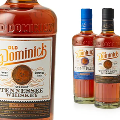


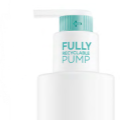
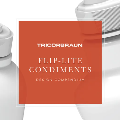
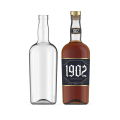
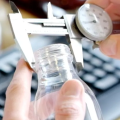
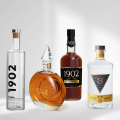
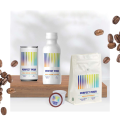
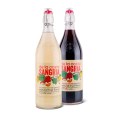
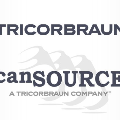
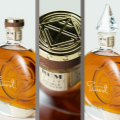
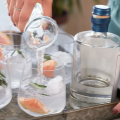
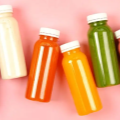
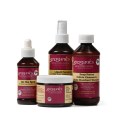
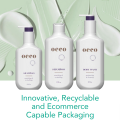
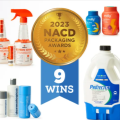
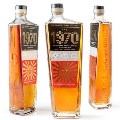
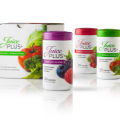
.jpg)
.jpg)
.jpg)
.jpg)











